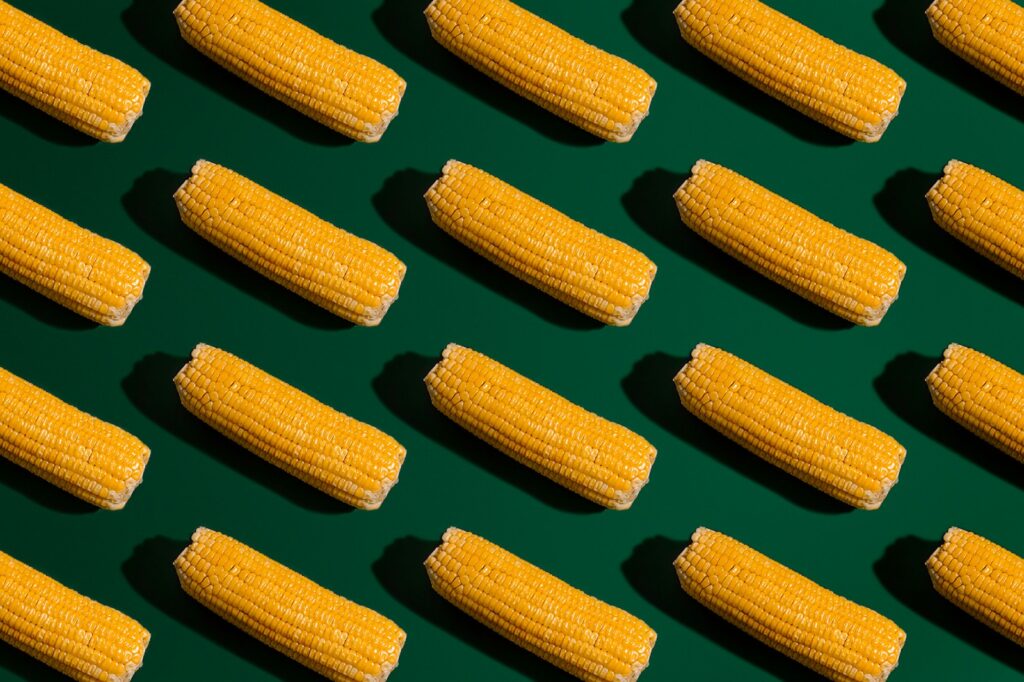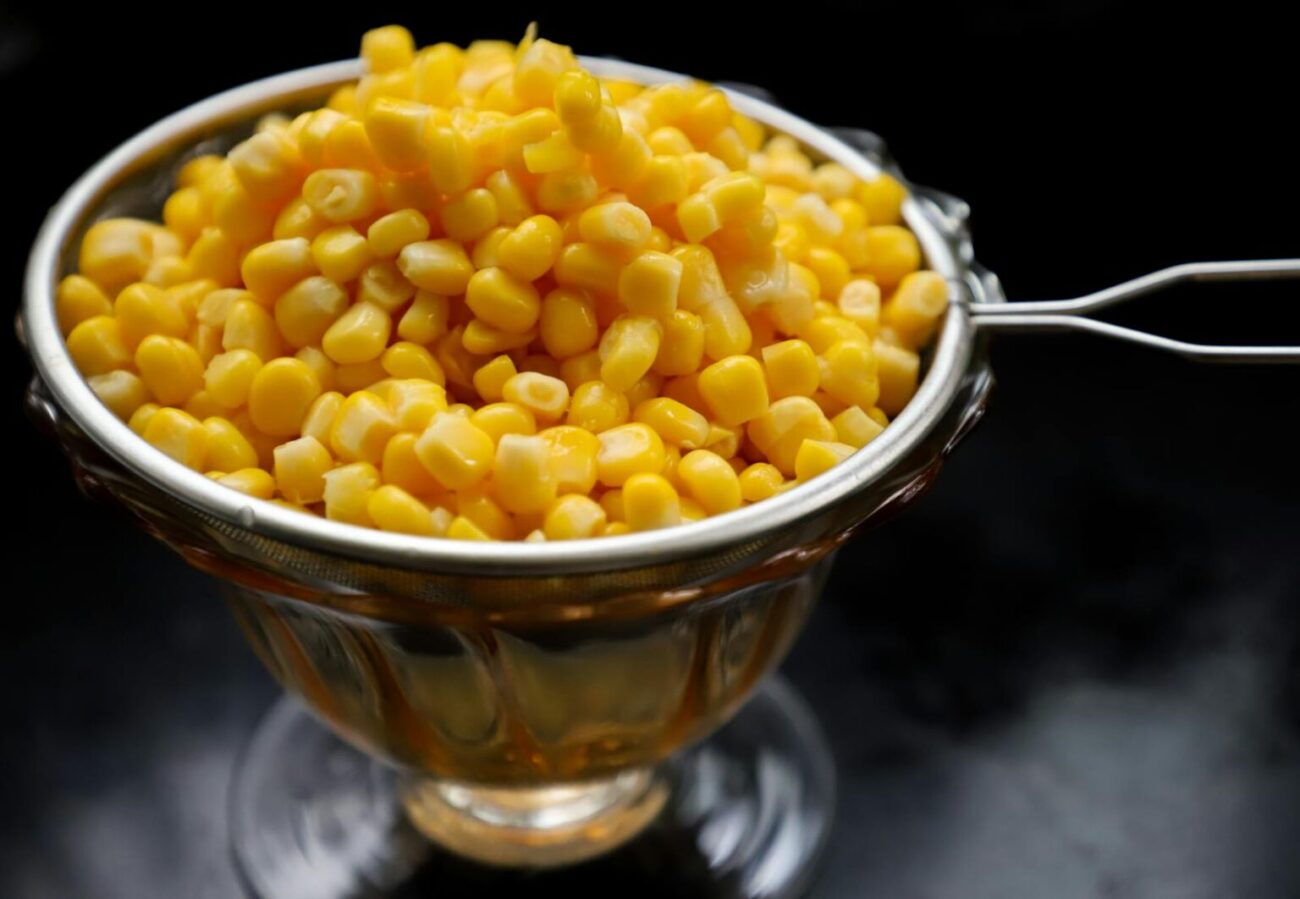Corn, also known as maize, is one of the most widely consumed grains in the world. Whether it’s enjoyed on the cob, popped into popcorn, or used as an ingredient in dishes, corn is a versatile and delicious addition to many diets. But beyond its taste and culinary uses, corn offers a range of health benefits. Packed with essential nutrients, it can support overall health and well-being. However, like any food, corn isn’t suitable for everyone, and there are some contraindications to consider.
In this blog post, we’ll explore the nutritional benefits of corn, how it helps the body, and when it might be best to avoid it.
Nutritional Profile of Corn
Corn is a nutrient-dense food that provides a variety of vitamins, minerals, and antioxidants. Here’s a breakdown of its key nutrients per 100 grams of cooked yellow corn:
- Calories: 96 kcal
- Carbohydrates: 21 g
- Protein: 3.4 g
- Fiber: 2.4 g
- Fat: 1.5 g
- Vitamin C: 7% of the Daily Value (DV)
- Vitamin B6: 10% of the DV
- Magnesium: 9% of the DV
- Potassium: 6% of the DV
- Antioxidants: Lutein, zeaxanthin, and beta-carotene
Health Benefits of Eating Corn
- Rich in Antioxidants
Corn contains powerful antioxidants like lutein and zeaxanthin, which are essential for eye health. These compounds help protect against age-related macular degeneration and cataracts. - Supports Digestive Health
Corn is a good source of dietary fiber, which promotes healthy digestion and prevents constipation. Fiber also supports gut health by feeding beneficial gut bacteria. - Provides Energy
As a carbohydrate-rich food, corn is an excellent source of energy. It’s a great option for athletes or anyone needing a quick energy boost. - Boosts Heart Health
The fiber, potassium, and antioxidants in corn contribute to heart health by reducing cholesterol levels, regulating blood pressure, and preventing oxidative stress. - Supports Weight Management
Corn is relatively low in calories but high in fiber, making it a filling food that can help control appetite and support weight management. - Promotes Skin Health
The vitamin C and antioxidants in corn help protect the skin from damage caused by free radicals and support collagen production, keeping the skin firm and youthful. - Gluten-Free Option
Corn is naturally gluten-free, making it a safe and nutritious choice for people with celiac disease or gluten sensitivity.
Contraindications and When to Avoid Corn
While corn is generally safe and healthy for most people, there are some situations where it may not be suitable:
- Corn Allergies
Although rare, some people may have an allergy to corn or corn products. Symptoms can include hives, swelling, digestive issues, or even anaphylaxis in severe cases. - Digestive Issues
Corn is high in fiber, which can cause bloating, gas, or discomfort in people with sensitive digestive systems or conditions like irritable bowel syndrome (IBS). - High Glycemic Index
Corn has a moderate glycemic index, meaning it can raise blood sugar levels. People with diabetes or insulin resistance should consume corn in moderation and pair it with protein or healthy fats to balance blood sugar. - Genetically Modified Corn (GMO)
Some corn varieties are genetically modified, which may raise concerns for certain individuals. Opt for organic or non-GMO corn if this is a concern. - Phytic Acid Content
Corn contains phytic acid, which can reduce the absorption of certain minerals like iron and zinc. Soaking, fermenting, or cooking corn can help reduce its phytic acid content.
How to Incorporate Corn into Your Diet
Corn is incredibly versatile and can be enjoyed in many ways:
- Grilled or Boiled Corn on the Cob: A classic summer treat.
- Popcorn: A healthy, whole-grain snack when air-popped and lightly seasoned.
- Cornmeal: Used to make polenta, cornbread, or tortillas.
- Canned or Frozen Corn: A convenient addition to soups, salads, and stir-fries.
- Fresh Corn Kernels: Add them to salsas, salads, or casseroles.
Tips for Maximizing Corn’s Benefits
- Choose whole-grain corn products (like popcorn or whole corn kernels) over processed corn products (like corn syrup or corn chips).
- Pair corn with healthy fats (like avocado or olive oil) or protein (like beans or chicken) to balance its glycemic impact.
- Opt for organic or non-GMO corn if you’re concerned about genetically modified varieties.

Corn is a nutritious and delicious grain that offers a wide range of health benefits, from supporting eye and heart health to promoting digestion and energy. However, it’s important to be mindful of potential contraindications, especially for those with allergies, digestive sensitivities, or blood sugar concerns. By incorporating corn into a balanced diet, you can enjoy its many benefits while minimizing any risks.
Have you tried adding more corn to your meals?
Share your favorite corn recipes or tips in the comments below!
Disclaimer: This blog post is for informational purposes only and is not intended to diagnose, treat, or cure any medical condition. Always consult with a healthcare professional before making significant changes to your diet.

